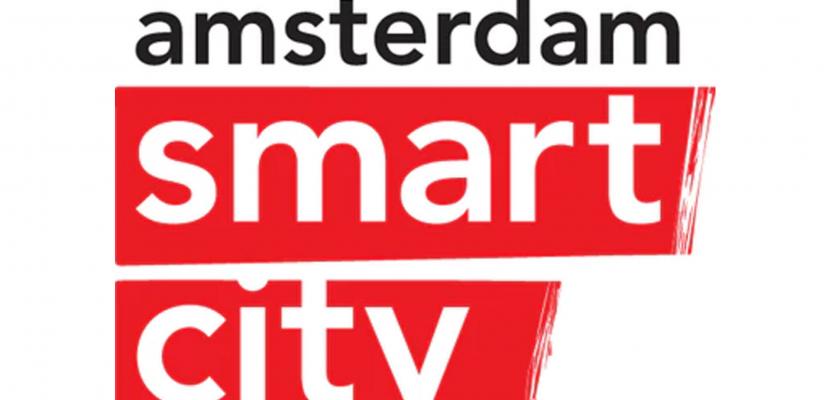
AMSTERDAM SMART CITY

About this good practice
Cities are growing: between now and 2050 the global population is expected to increase from 7.2 billion to more than 9 billion, with 98% of this growth happening in cities. This brings opportunities as well as challenges: a growing population, but also other challenges such as climate or waste streams are driving a demand for smart ideas and solutions in order to keep the city a place where it is both pleasant to live, work and visit. The city of Amsterdam is no exception to these needs.
The first step of the implementation process has been the creation of a program called Amsterdam Smart City, which aimed to create the innovation platform where government, private organization and knowledge institutions work together to achieve one common goal: creating a more liveable and sustainable city by making smarts use of each other’s knowledge and resources. The ASC project and platform focus on two main roles in the implementation of this program: the facilitation of the process of creating new ecosystems and providing the access point and network for those organizations and stakeholders that want to add value to the city and its challenges.
ASC works as:
- a facilitator; it connects relevant parties, defines common goals, monitors processes and results;
- an open platform in the form of an independent organization, which is able to connect citizens, businesses, government and knowledge institutes;
- a living lab to test solutions in a real setting.
Expert opinion
The practice is an inspiring example of a partnership mechanism and an innovative platform that connects businesses, governments, knowledge institutions and citizens to respond to the challenges faced by urban areas and test solutions for more sustainable urban development. The initiative demonstrated positive results covering several areas and has high potential for transferability to other cities interested to support circular economy and innovation in urban areas.
Resources needed
They have hardly used any additional financing. Each project owner has contributed with own existing resources, mostly in-kind. Additionally, approximately €200,000 of financial resources have been spent in 2 years on needed research reports and communication activities.
Evidence of success
The main results achieved by ASC concern projects implemented in the urban area of Amsterdam. Currently, the number of projects developed so far is 132 units and involves a broad variety of macro-categories such as infrastructure and technology, energy, water and waste, mobility, circular city, governance and education, citizens and living.
Potential for learning or transfer
The ASC is considered as good because the smart city program is a reference point on how to implement in an urban area a sustainable development based on the principles of Circular Economy and innovation. As previously mentioned, the challenge to become sustainable and smart urban centres is shared by the majority of the European cities; therefore ASC can represent a living lab where this challenge is actively faced and a relevant case study to learn from.
Further information
Good practice owner
You can contact the good practice owner below for more detailed information.
Municipality of Amsterdam
